This cry of “Save the children” has in it the hateful implication that it is impossible to save the fathers

The fashionable fallacy is that by education we can give people something that we have not got.
To hear people talk one would think it was some sort of magic chemistry, by which, out of a laborious hotchpotch of hygienic meals, baths, breathing exercises, fresh air and freehand drawing, we can produce something splendid by accident; we can create what we cannot conceive. These pages have, of course, no other general purpose than to point out that we cannot create anything good until we have conceived it. It is odd that these people, who in the matter of heredity are so sullenly attached to law, in the matter of environment seem almost to believe in miracle. They insist that nothing but what was in the bodies of the parents can go to make the bodies of the children. But they seem somehow to think that things can get into the heads of the children which were not in the heads of the parents, or, indeed, anywhere else.
There has arisen in this connection a foolish and wicked cry typical of the confusion.
I mean the cry, “Save the children.” It is, of course, part of that modern morbidity that insists on treating the State (which is the home of man) as a sort of desperate expedient in time of panic. This terrified opportunism is also the origin of the Socialist and other schemes. Just as they would collect and share all the food as men do in a famine, so they would divide the children from their fathers, as men do in a shipwreck. That a human community might conceivably not be in a condition of famine or shipwreck never seems to cross their minds. This cry of “Save the children” has in it the hateful implication that it is impossible to save the fathers; in other words, that many millions of grown-up, sane, responsible and self-supporting Europeans are to be treated as dirt or debris and swept away out of the discussion; called dipsomaniacs because they drink in public houses instead of private houses; called unemployables because nobody knows how to get them work; called dullards if they still adhere to conventions, and called loafers if they still love liberty. Now I am concerned, first and last, to maintain that unless you can save the fathers, you cannot save the children; that at present we cannot save others, for we cannot save ourselves. We cannot teach citizenship if we are not citizens; we cannot free others if we have forgotten the appetite of freedom. Education is only truth in a state of transmission; and how can we pass on truth if it has never come into our hand? Thus we find that education is of all the cases the clearest for our general purpose. It is vain to save children; for they cannot remain children. By hypothesis we are teaching them to be men; and how can it be so simple to teach an ideal manhood to others if it is so vain and hopeless to find one for ourselves?
I know that certain crazy pedants have attempted to counter this difficulty by maintaining that education is not instruction at all, does not teach by authority at all. They present the process as coming, not from the outside, from the teacher, but entirely from inside the boy. Education, they say, is the Latin for leading out or drawing out the dormant faculties of each person. Somewhere far down in the dim boyish soul is a primordial yearning to learn Greek accents or to wear clean collars; and the schoolmaster only gently and tenderly liberates this imprisoned purpose. Sealed up in the newborn babe are the intrinsic secrets of how to eat asparagus and what was the date of Bannockburn. The educator only draws out the child’s own unapparent love of long division; only leads out the child’s slightly veiled preference for milk pudding to tarts. I am not sure that I believe in the derivation; I have heard the disgraceful suggestion that “educator,” if applied to a Roman schoolmaster, did not mean leading our young functions into freedom; but only meant taking out little boys for a walk. But I am much more certain that I do not agree with the doctrine; I think it would be about as sane to say that the baby’s milk comes from the baby as to say that the baby’s educational merits do. There is, indeed, in each living creature a collection of forces and functions; but education means producing these in particular shapes and training them to particular purposes, or it means nothing at all. Speaking is the most practical instance of the whole situation. You may indeed “draw out” squeals and grunts from the child by simply poking him and pulling him about, a pleasant but cruel pastime to which many psychologists are addicted. But you will wait and watch very patiently indeed before you draw the English language out of him. That you have got to put into him; and there is an end of the matter.
Previous / G.K. Chesterton Index / Next
Part of the collection of – A Wrinkle In Time
Backed Up and Credited by – no-maam.blogspot.com


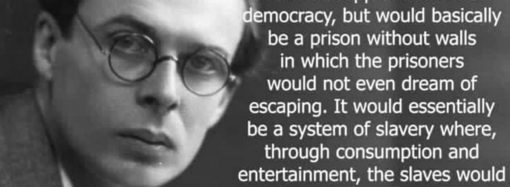
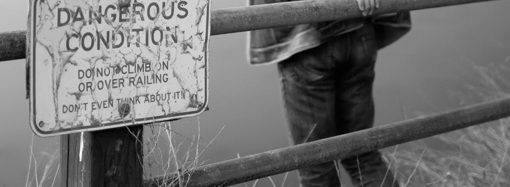



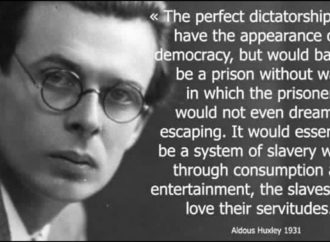
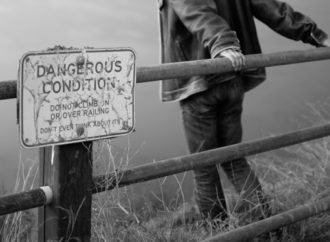






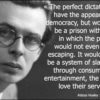










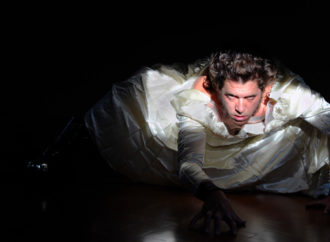

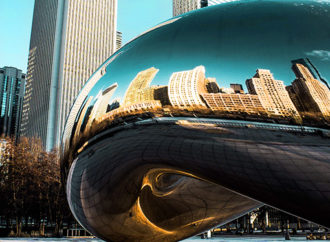



Leave a Comment
Your email address will not be published. Required fields are marked with *